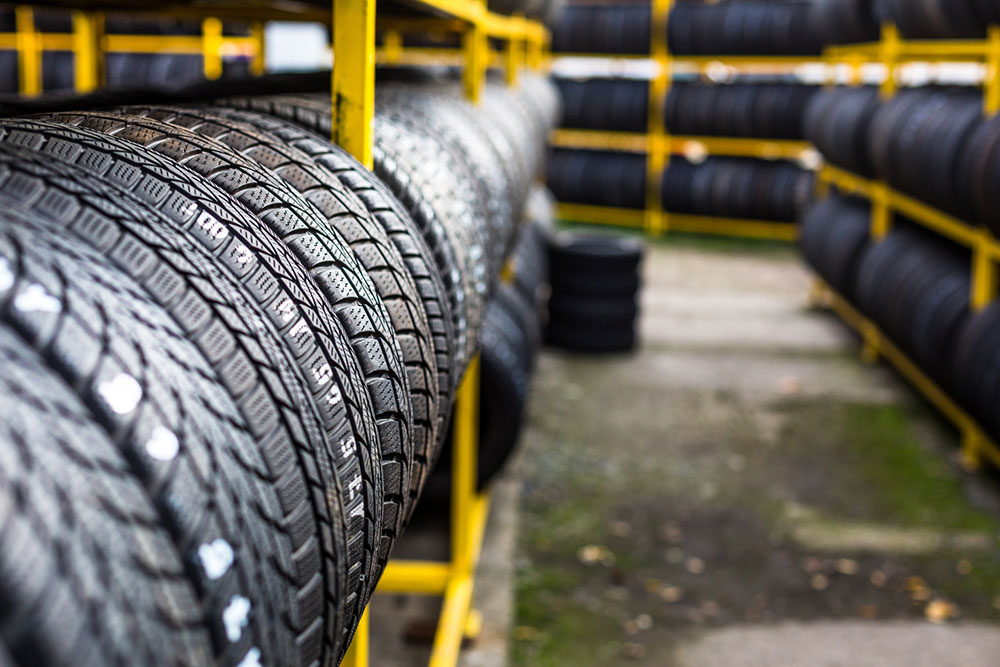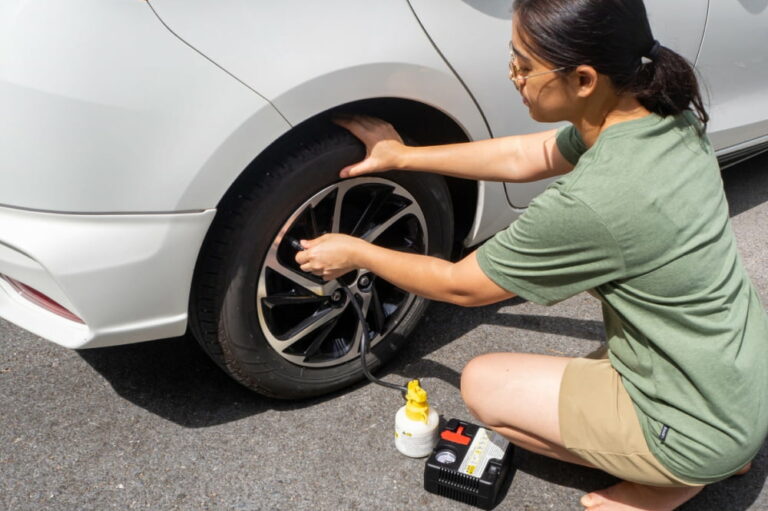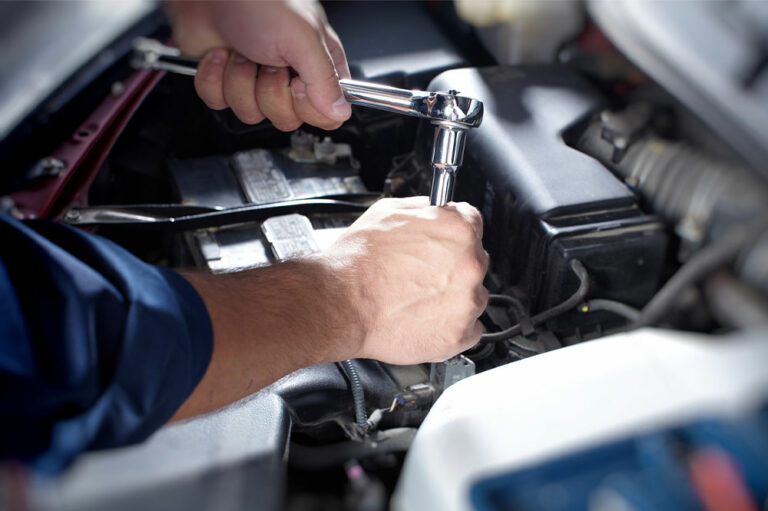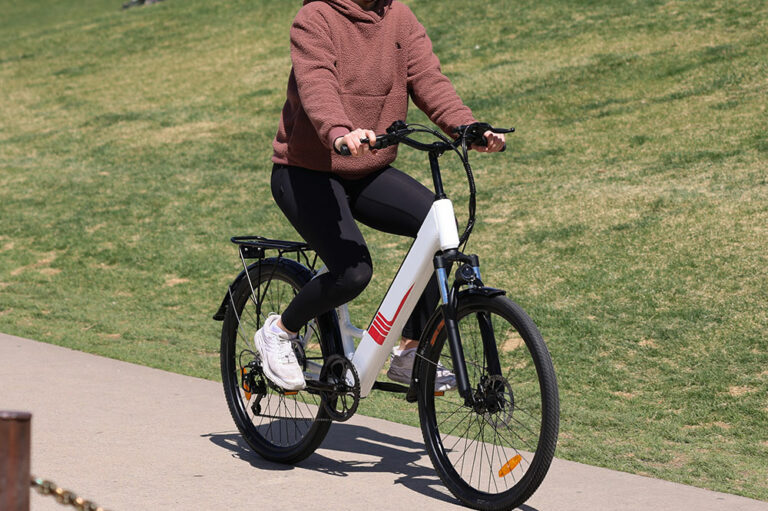3 common mistakes to avoid when purchasing tires

Tires are among the most essential components of any vehicle. Therefore, tire quality and reliability are two of the most critical aspects of vehicular maintenance. Most people usually purchase tires without considering a range of factors, including speed ratings, load ratings, and size. Doing so can be a major mistake that can affect their vehicles’ overall performance and longevity. Here are a few common mistakes to avoid when purchasing tires:
1. Compromising quality for price
It is essential to avoid purchasing the cheapest tires available in the market. The quality of such tires can be poor. It is not a given that only the most expensive tires perform well and are reliable. Nevertheless, the best quality tires tend to be at the higher end of the price spectrum. Also, one must purchase tires manufactured by reputed, renowned, and experienced brands to ensure that the tires will last as long as possible.
All in all, one must find the right balance between quality and cost-efficiency when buying tires in the market.
2. Buying tires of the wrong size
Tires that are incompatible or barely compatible with vehicles in size must be avoided as they can wear out quickly. As a result, if an individual purchases tires of the wrong size, they will have to make frequent replacements. This tends to skyrocket the maintenance costs of vehicles. Additionally, tires of the wrong size for a given vehicle negatively affect the ride quality and handling of the machine.
Due to these reasons, tire buyers must purchase products that fit perfectly into the wheel well of their vehicles.
3. Failing to pay heed to tire ratings
Size is only one of the technical elements that must be considered when purchasing tires. Buyers need to consider several other ratings to avoid issues later once the tires are fitted into their vehicles. One such rating to be mindful of is the load rating of a given tire. This rating indicates how much gross weight the tires can take. Speed rating is essential, especially for expensive tires, as it denotes how safe a vehicle will drive at maximum speeds. High-performance tires are more expensive but have higher speed ratings, making them safe to use above 80 to 100 mph while driving.










